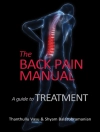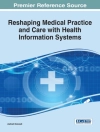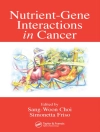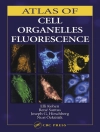This is an exciting, but difficult, season for the practice of medicine. The effects of corporate transformation on the practice are part of a larger cultural crisis. The arena of medicine is a proving ground for our responses to this crisis, because it is so intimately and immediately related to our bodies. Our answers to contemporary challenges in the practice of medicine will depend on, and probably shape, our answers to philosophical questions at the core of our existence: How do we inhabit our unpredictable and limited lives in a way that allows us to flourish, and how can the deep practice of medicine help?
Time is the condition for all human experience, but for mortals like us, time is limited. This limit gives our lives the arc of a story, with a beginning, middle, and end. Unfortunately, many of us in the modern world avoid thinking about limits in our lives—especially the limit on our time called death. The practice of medicine serves people who are facing limits in their lives brought on by the threats of disease and death. Because good doctoring is so intimately related to the complex impact these threats have on our limited lives, this book argues that the significance and meaning of the practice of medicine is inextricably bound to existence in time.
Sobre o autor
Raymond Barfield is Professor of Pediatrics and Christian Philosophy at Duke University in Durham, North Carolina. He received his MD and his Ph D (in philosophy) from Emory University. He is a pediatric oncologist and palliative care physician with an interest in expanding the role of the humanities and the arts in the formation of physicians. He teaches philosophy in the Divinity School at Duke. He has published widely in medicine, philosophy, and literature, including several books: Life in the Blind Spot (poetry), The Book of Colors (a novel), The Ancient Quarrel Between Poetry and Philosophy, Wager: Beauty, Suffering, and Being in the World, and The Poetic Apriori: Philosophical Imagination in a Meaningful Universe. He was the founding director of three programs at Duke: Pediatric Quality of Life and Palliative Care, Theology, Medicine, and Culture and Reimagine Medicine. Currently he is the director of the Medical Humanities Program for the Trent Center for Bioethics, Medical Humanities, and History of Medicine in the Medical School. Ray is married to Karen Barfield, an Episcopal priest. They have two children, Micah and Alexandra, and one grandson named Crew.












